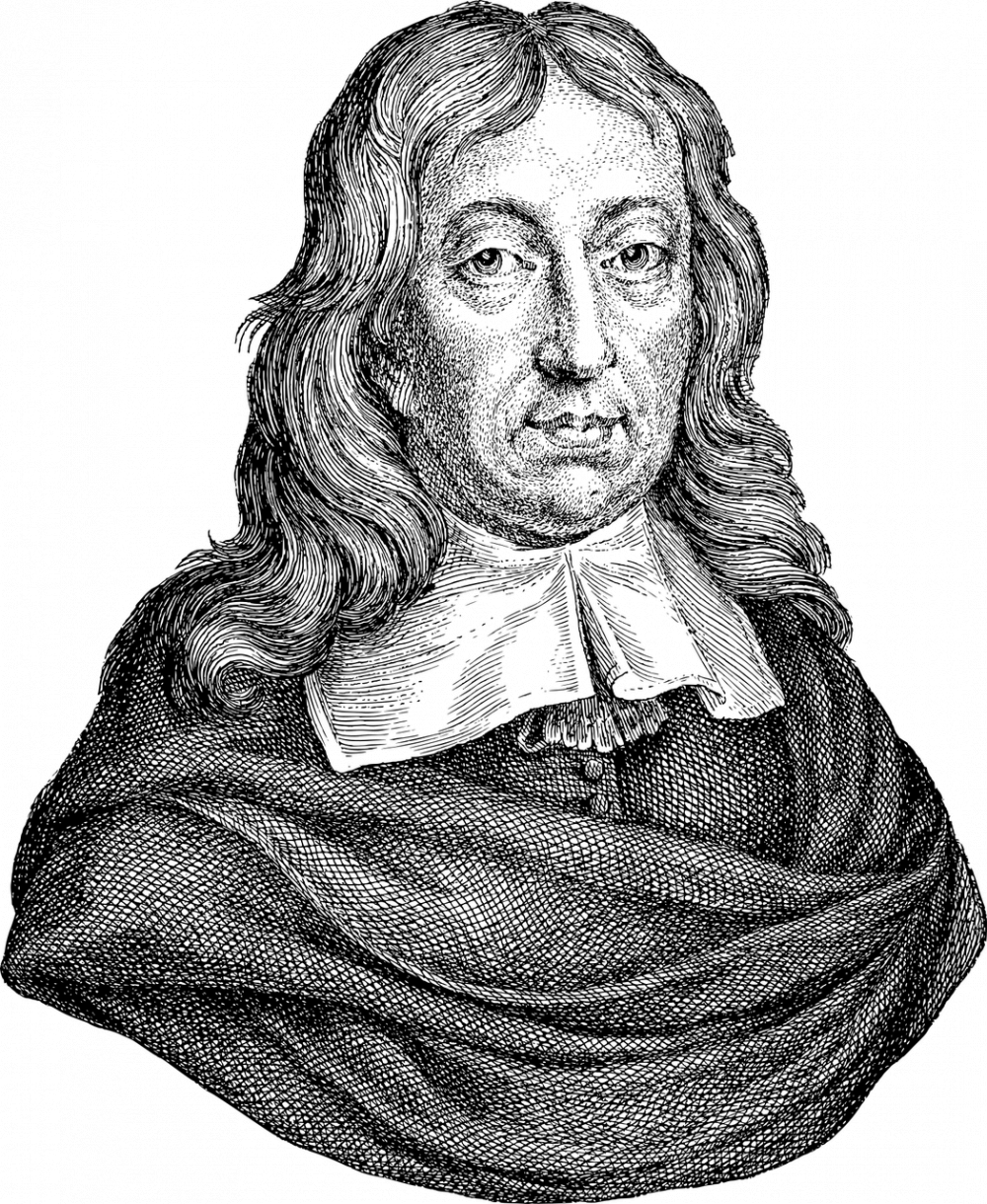Gustav Wied: Den dansk humorist og forfatter, der udfordrede samfundets normer

Gustav Wied – Humorist and Controversial Danish Author
Introduction

Gustav Wied, born on March 6, 1858, in Copenhagen, Denmark, was a renowned Danish humorist and author. His satirical works challenged societal norms and provided biting social commentary, making him a prominent figure in Danish cultural history. Wied’s unique style of writing combined wit, cynicism, and a sharp observation of human nature, captivating audiences and leaving a lasting impact on Danish literature.
A Historical Overview
Wied’s journey as a writer mirrored the transformations of Danish society during the late 19th and early 20th centuries. As an outspoken critic of social conventions, he played a significant role in shaping the cultural landscape of his time.
Early Years and Influences
Born into an affluent family, Gustav Wied grew up in a privileged environment. His upbringing introduced him to the upper-class rituals and hypocrisy he would later satirize in his works. Wied’s childhood experiences shaped his critical perspective and provided him with material for his biting social commentary.
Literary Beginnings
Wied made his debut as an author in 1891 with the publication of his collection of short stories, “Æstetiske Studier” (Aesthetic Studies). The tales in this collection explored the darker sides of human nature, often unveiling the absurdity and hypocrisy of the upper-class society in which he was raised. This marked the beginning of Wied’s literary career and established him as an unconventional voice in Danish literature.
Satirical Masterpieces
Throughout his career, Wied continued to challenge societal norms and present a satirical critique of Danish life. One of his most famous works, “Knagsted,” published in 1898, followed the life of a young artist struggling to fit into a society obsessed with materialism and conformity. Wied’s witty portrayal of social pretensions struck a chord with readers and solidified his standing as a humorous and relevant commentator.
Influencing a New Generation
Wied’s influence extended beyond his contemporaries, inspiring a new generation of Danish writers and authors. His unconventional approach to storytelling and his ability to dissect societal constructs captivated readers for generations to come. His works continued to be studied and celebrated for their depth and incisiveness.
Legacy and Impact
Gustav Wied’s work remains highly regarded today for its sharp satire and biting social commentary. His ability to challenge established norms and make audiences question their own behavior and beliefs has left a lasting impact on Danish literature. Wied’s relevance is showcased by the continued popularity of his works, both in Denmark and abroad, as they continue to resonate with readers still grappling with similar issues in the modern world.
Conclusion
Gustav Wied’s contributions to Danish literature cannot be understated. His mastery of satire and his fearlessness in challenging societal conventions made him one of Denmark’s most influential authors. Wied’s ability to combine humor and social commentary in his works has allowed his legacy to stand the test of time, ensuring that his unique voice will continue to be heard by generations to come.
Bulletpoints:
– Gustav Wied was a prominent Danish humorist and author known for his biting social commentary.
– His works challenged societal norms and provided satirical critiques of Danish life.
– Wied’s upbringing in an affluent family influenced his critical perspective on society.
– His debut collection, “Æstetiske Studier,” marked the beginning of his literary career and established him as an unconventional voice.
– “Knagsted,” one of Wied’s most famous works, portrayed social pretensions and materialism.
– Wied’s influence extended beyond his contemporaries, inspiring a new generation of Danish writers.
– His sharp satire and ability to dissect societal constructs continue to resonate with readers today.
– Gustav Wied’s legacy and impact on Danish literature remain strong, securing his place among Denmark’s most influential authors.











